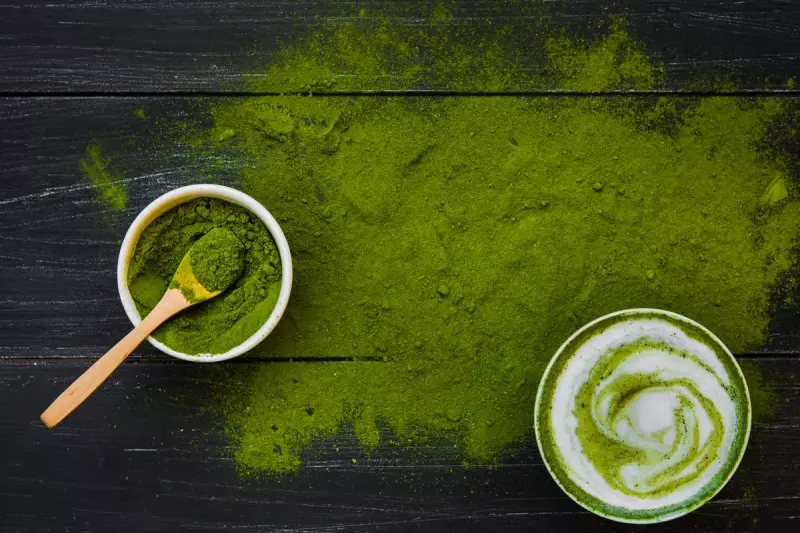
Matcha tea, the vibrant green powdered drink celebrated for its antioxidants and energy-boosting properties, may have an unexpected downside. Recent studies suggest that consuming matcha could interfere with the body's ability to absorb iron, potentially leading to deficiencies over time.
The Science Behind Matcha and Iron
Researchers have found that matcha contains high levels of polyphenols, particularly catechins, which can bind to iron in the digestive tract. This binding process reduces the amount of iron absorbed into the bloodstream, which is crucial for oxygen transport and overall energy levels.
Who Should Be Cautious?
While occasional matcha drinkers may not experience significant effects, certain groups should be particularly mindful:
- Individuals with anaemia or low iron levels
- Vegetarians and vegans, who rely on plant-based iron sources
- Pregnant women, as iron demands increase during pregnancy
How to Enjoy Matcha Safely
Experts recommend simple adjustments to minimise iron absorption interference:
- Drink matcha between meals rather than with iron-rich foods
- Pair matcha with vitamin C-rich foods to enhance iron absorption
- Allow at least one hour between matcha consumption and iron supplements
Nutritionists emphasise that matcha still offers numerous health benefits, from improved focus to metabolic support. The key lies in mindful consumption and dietary balance.





